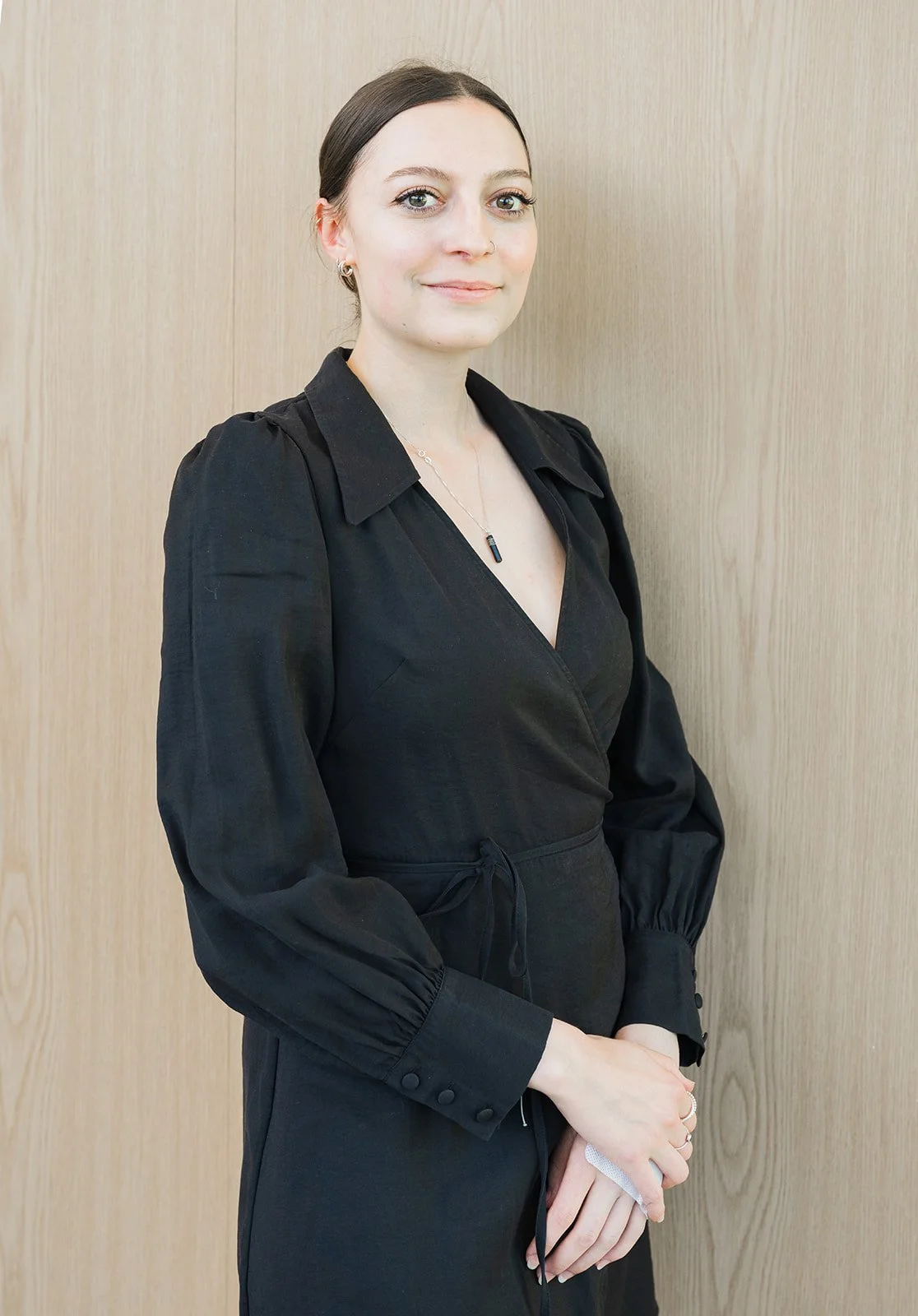UWA RESEARCHER DOCUMENTS HOW MOB USE ENGLISH IN THE PILBARA
By Renata Kelly and Latisha Kadibil.
Katharina Froedrich, a PhD student in linguistics from Munich, Germany, is studying how Indigenous people in the Pilbara speak English. Now based at the University of Western Australia in Perth, she moved to Australia to study the language in its native environment. Her research focuses on how English is used in everyday life across Pilbara communities, how it changes depending on who’s talking, and how it reflects identity. “I’m documenting how different communities use English and how they use it to express who they are,” she says.
Her work is based in partnership with the PKKP Aboriginal Corporation in Karratha, where she also interns with the language team. That collaboration has been key to building trust and learning how to work respectfully. “Especially at the start, it was a lot of just sitting and listening,” she says. “Not even talking—just being present and showing I was there to learn.” That approach, combined with guidance from Aboriginal colleagues and cultural awareness training, has shaped her approach to working with community members.
From her conversations across the region, she’s found that different towns use distinct words and pronunciations. Speakers themselves often note how language use varies from place to place. She also notes that many people describe their English as “broken”, but her research shows otherwise. Linguists have long found that Aboriginal English is structured and consistent—it just doesn’t follow mainstream Australian norms. Katharina says it’s important to show people that “the way you talk is wonderful. It’s not broken English—it’s a different variety of English.”
Beyond the academic side, she hopes the recordings she collects will also have meaning for the people involved. Many are informal yarns—some funny, some serious—that hold cultural and personal value. She shares these recordings with participants if they want them. Froedrich is funded by the Australian Government and the Forrest Research Foundation and is supported by supervisors at UWA and UNE.
Listen to the full interview by clicking on the link below!

